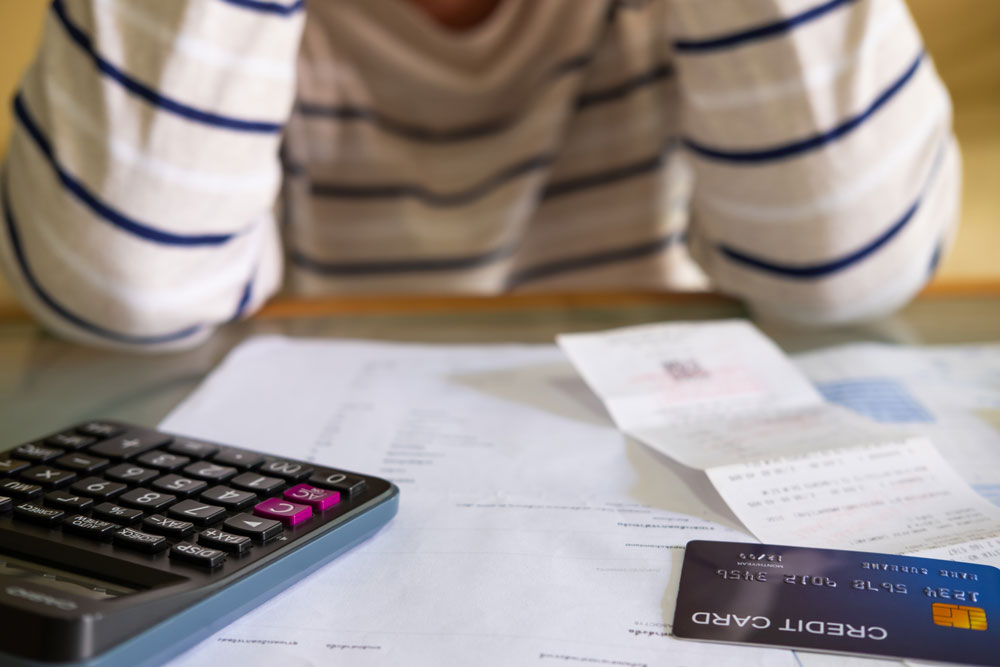While filing for bankruptcy may seem like the financial end for many people, it doesn’t have to be. In many cases, filing for bankruptcy can be the best financial solution. In order to know if filing for bankruptcy is the right solution for you, you need to connect with an attorney. There are a number of options you could take when filing for bankruptcy. Below are the most common types of bankruptcy in Wisconsin.
Common Types of Bankruptcy in Wisconsin
The two most common types of bankruptcy in Wisconsin are Chapter 7 and Chapter 13. People typically try to file for Chapter 7 because almost all of their debt will be forgiven. However, you do need to qualify in financial areas to file for Chapter 7 bankruptcy. If you do not qualify, then you can file for Chapter 13. The main difference between Chapter 7 and Chapter 13 is that in Chapter 13, you need to set up a payment plan, as not all your debt will be forgiven like in Chapter 7.
Chapter 7
To file for Chapter 7 bankruptcy, you will need to take a means test. Typically, you will qualify if your monthly income is less than Wisconsin’s mean monthly income of houses of similar size.
Most people file for Chapter 7 due to the loss of a family member or job, divorce, serious illnesses, and even rising interest rates. The benefit of filing for Chapter 7 bankruptcy is that you can keep almost all of your assets with a few exceptions. These exceptions consist of homesteads and other types of property, but it depends on the property’s value.
Most of your debt can be discharged by filing for Chapter 7, such as debt from medical bills, credit cards, payday loans, back rent, past due utilities, auto accidents and money owed on repossessed vehicles. However, there are some types of debt that cannot be forgiven. For example, debt from unpaid child support, certain income and business taxes, alimony, property divisions due to divorce and fines from the government are a few debts that may not be forgiven. Most student loans, forfeitures or restitution and liabilities from drunk driving are not discharged as well.
Chapter 13
If you are ineligible for Chapter 7, then you will likely file for Chapter 13 bankruptcy. In doing so, you will submit a payment plan to be approved by the court. This payment plan will reorganize your debt so you can make payments on it for a three to five-year period. After that period is over, your debt will be discharged.
The benefits of filing for Chapter 13 Bankruptcy are that once the court approves your payment plan, creditors will not be able to contact you, and you can include debt from car payments, loans and even appliances.
Contact Bankruptcy Attorney Steve Eichstaedt Today
Throughout his years of practice, attorney Steve Eichstaedt has helped thousands of clients get the bankruptcy protection they deserve. From Chapter 7 and Chapter 13 to all the other financial solutions available to help a client, Steve will take the time needed to help you decide what is best for you. Connect with Steve today to set up a consultation.

